 Back to Learn page
Back to Learn page

An Introduction to We The Investors
Fennel is joining forces with We The Investors to provide engaging educational content to help retail investors learn more about capital markets. This introduction is the first post in an ongoing series.
The main reason we launched Fennel was to ensure that we, as retail investors, are represented in capital markets. As a result, we pay close attention to other groups advocating for the same ideals, which is how we learned of We The Investors (WTI), a grassroots organization pushing for market reforms on the behalf of retail investors.
Earlier this year, WTI wrote a letter to the SEC asking the agency to address payment for order flow (PFOF) and excessive off-exchange trading. Both of these practices are legal in the US, but their questionable ethics have led to increased scrutiny by regulators.
Many of us at Fennel signed WTI’s SEC letter, along with more than 71,000 other retail investors. Inspired by this action, we reached out to two of WTI’s founders, Dave Lauer and Alex Cohen, to learn more.
“In the world of social media, the largest companies in history have attained their size by productizing their users. They pitted their interests against the interests of their users, through selling user data and exploiting their market power. I think we see a lot of the same things in capital markets,” We The Investors co-founder Dave Lauer told Fennel.
He continued, “People need to think about [payment for order flow] like they do with big tech. If you’re paying for a tech service with your privacy, you might think that’s not an explicit cost, but it very much is. It’s just like payment for order flow. You might think you're getting free trading because there's no explicit cost. But implicit costs can add up to be even more than the explicit costs you’d pay otherwise.”
This stance and the support it received has helped WTI get meetings with the SEC chairman Gary Gensler, and allowed them to advocate for change in front of Congress. But this is just one initiative spearheaded by the group.
We The Investors aims to help individual investors learn about how structural issues with capital markets affect their daily lives. Through this education, the group encourages investors to push for reform in order to create fairer markets. Lauer and Cohen are also co-founders of Urvin Finance, a startup that is building a market data platform called The Terminal, which aims to give individual investors professional-quality data analytics, educational resources, and tools.
“I think the answer to a lot of problems in markets is more transparency. That's always been a guiding principle of the reforms I've been pushing for,” Lauer explained. “As a capitalist, I believe in transparency and competition. I think if you put everyone on a level playing field and open things up, that tends to give you the best outcomes.”
WTI has put together an Investor Bill of Rights with several guiding principles to organize its advocacy efforts and directions for possible reform. The principles include:
- Transparency: Investors should be able to gather all important information regarding their brokers’ practices, including costs, how their securities are held, and more
- Simplicity & Fairness: Markets should be easier to understand and trust, without unnecessary complexity and excessive intermediation.
- Choice & Control: Investors should have control over their orders, trades, accounts and investments.
- Best Execution: Brokers must be held to a true best execution standard, not a “good enough” standard. Conflicts-of-interest must be fully disclosed or eliminated.
- Better Settlement & Clearing: Investors should be offered a choice about how their purchase orders are settled. Barriers that affect an investor’s choice should be removed.
These five principles are meant as guidelines to make markets fairer, and WTI identifies different issues that need to be addressed in order to push for each one. The organization also helps walk retail investors through the process of how they too can help, like sending their own letters to the SEC or members of Congress.
Reaching out to government representatives is one way to advocate for systemic change, but it can also be intimidating if you’ve never done it before. That’s why WTI walks people through the process, with a guide on how to write an SEC comment letter and a helpful video. The SEC is required by law to read these comment letters, which is why WTI encourages people to write them.
WTI’s resources are valuable assets for investors who want fairer markets, and for those who want to get directly involved in reform. As Lauer puts it, “Let's just get the right information into people's hands so that they can make good decisions.”
That’s why in collaboration with We The Investors, Fennel will be publishing a series of articles exploring topics such as the difference between investing and trading, forms of risk, and how markets function. Through these articles, we hope to give retail investors a better understanding of how capital markets work and ways they can improve. Keep an eye out for more educational content and check out We The Investors website to join the movement.

Expand your knowledge further

A year ago, we started building an investing app to bring power back to the stakeholders.

20 months ago I had a simple idea: What if capital markets could change?

The name "Fennel" is inspired by the ancient Greek myth of Prometheus.
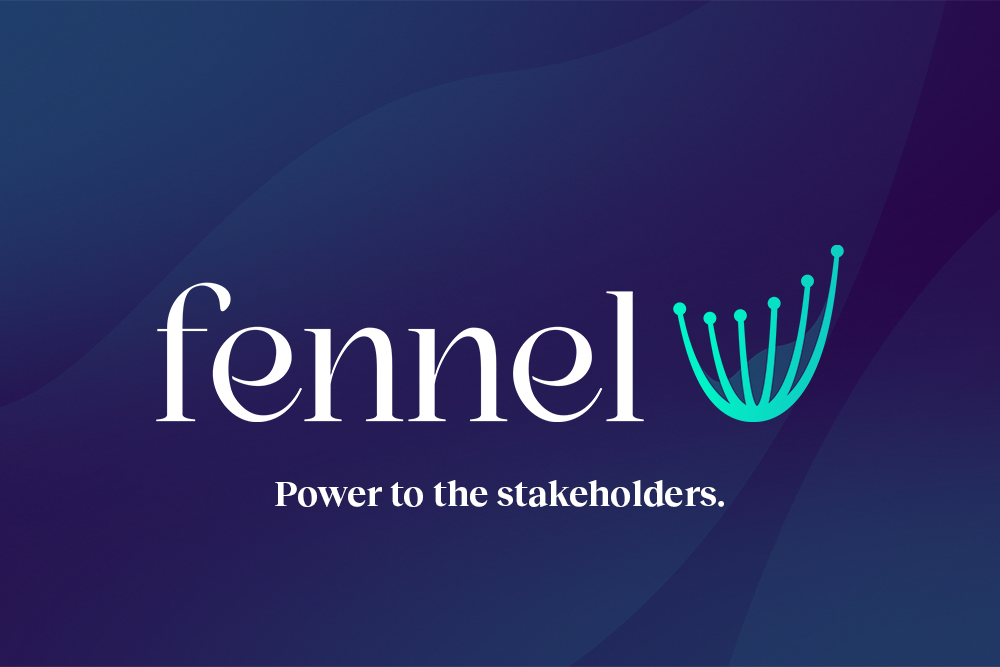
Backed by Jeff Cruttenden, founder of Acorns, Capital Factory, Temerity Capital Partners and more, Fennel has raised over $5M in funding to provide transparent financial and ESG-data to investors.
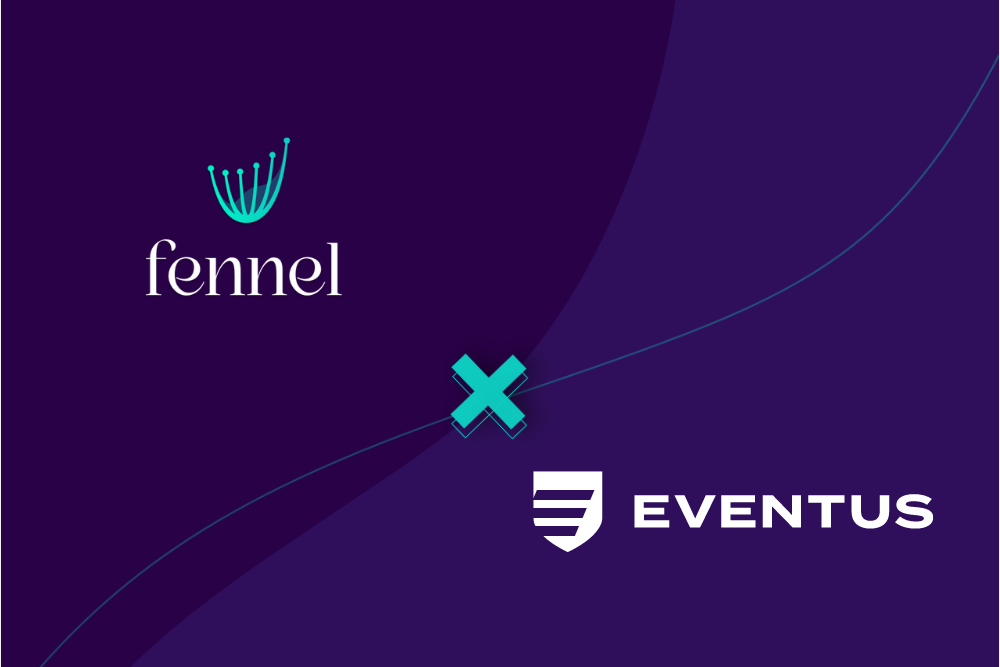
Fennel Financials joins forces with Eventus.

Fennel has been named to Fast Company’s prestigious list of the World’s Most Innovative Companies for 2023, joining a list of businesses paving the way in innovation and highlighting those at the forefront of their respective industries.
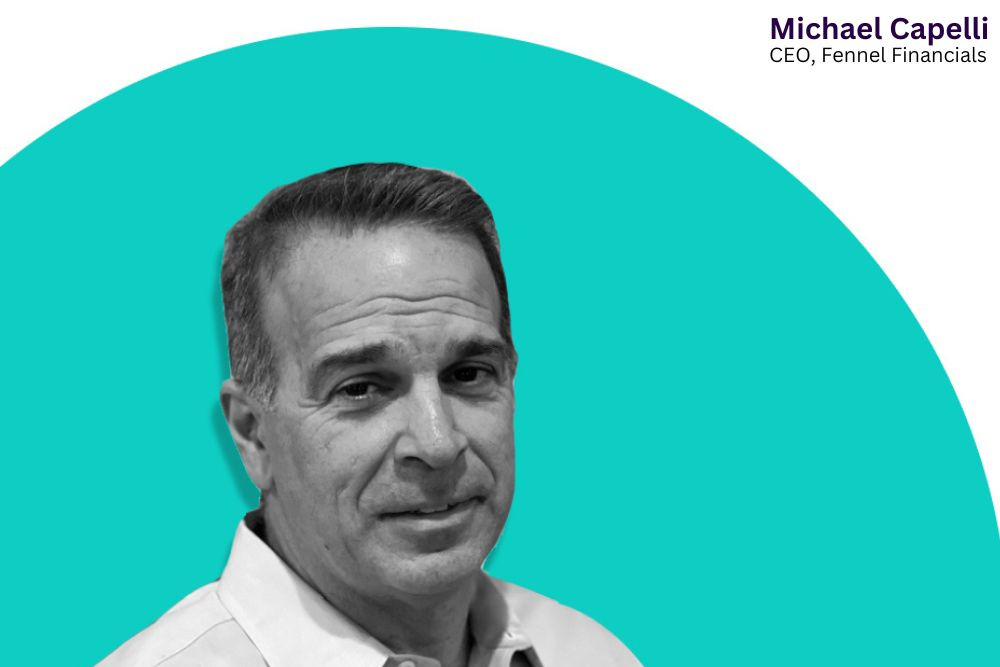
The ESG-focused retail investing platform hires Michael Capelli to lead its brokerage operations

Zero commissions doesn't mean zero costs.
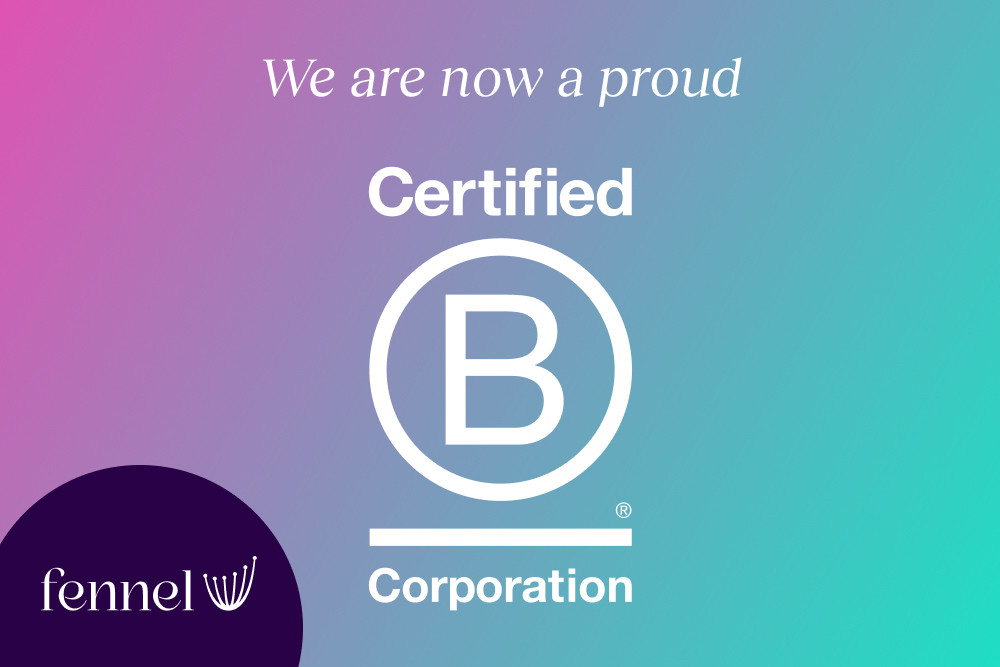
ESG & shareholder voting-focused brokerage becomes Certified B Corporation™, highlighting commitment to sustainable and regenerative economy.
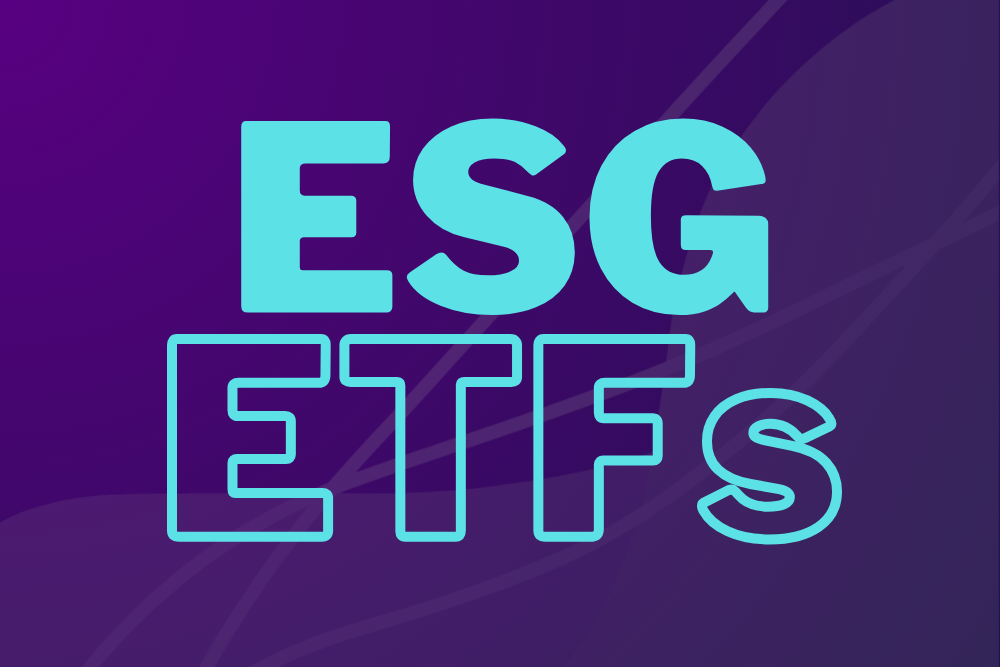
Here are some ESG ETFs you can trade on the Fennel app.
Take back the power of your investment
